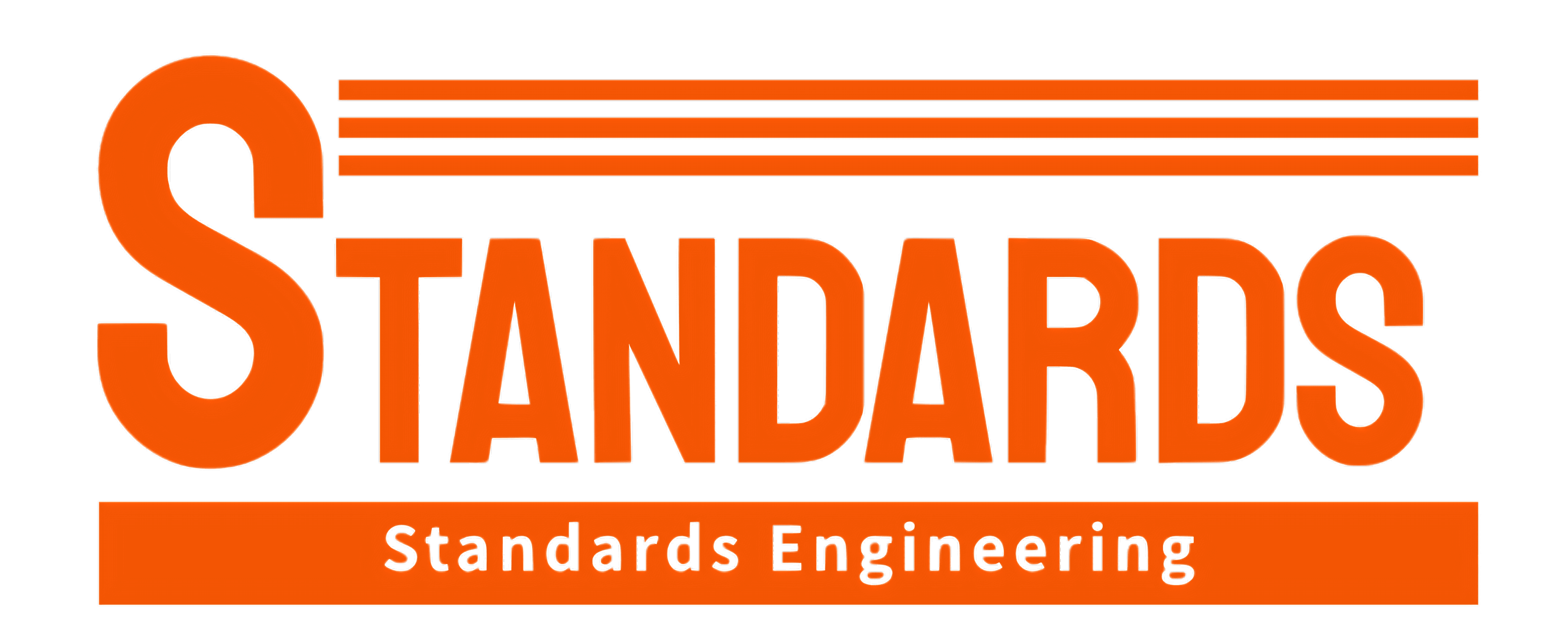ASTM F673 PDF
Availability:
In Stock
IN TAX $31.90
Standard Test Methods for Measuring Resistivity of Semiconductor Slices or Sheet Resistance of Semiconductor Films with a Noncontact Eddy-Current Gage (Withdrawn 2003)
| Published by | Publication Date | Number of Pages |
| ASTM | 12/10/2002 | 6 |
ASTM F673 – Standard Test Methods for Measuring Resistivity of Semiconductor Slices or Sheet Resistance of Semiconductor Films with a Noncontact Eddy-Current Gage (Withdrawn 2003)
This standard was transferred to SEMI (www.semi.org) May 2003
1.1 These test methods cover the nondestructive measurement of bulk resistivity of silicon and certain gallium-arsenide slices and of the sheet resistance of thin films of silicon or gallium-arsenide fabricated on a limited range of substrates at the slice center point using a noncontact eddy-current gage.
1.1.1 The measurements are made at room temperature between 18 and 28°C.
1.2 These test methods are presently limited to single-crystal and polycrystalline silicon and extrinsically conducting gallium-arsenide bulk specimens or to thin films of silicon or gallium-arsenide fabricated on relatively high resistivity substrates but in principle can be extended to cover other semiconductor materials.
1.2.1 The bulk silicon or gallium-arsenide specimens may be single crystal or poly crystal and of either conductivity type (p or n) in the form of slices (round or other shape) that are free of diffusions or other conducting layers that are fabricated thereon, that are free of cracks, voids or other structural discontinuities, and that have (1) an edge-to-edge dimension, measured through the slice centerpoint, not less than 25 mm (1.00 in.); (2) thickness in the range 0.1 to 1.0 mm (0.004 to 0.030 in.), inclusive, and (3) resistivity in the range 0.001 to 200 [omega][dot]cm, inclusive. Not all combinations of thickness and resistivity may be measurable. The instrument will fundamentally be limited to a fixed sheet resistance range such as given in 1.2.2; see also 9.3.
1.2.2 The thin films of silicon or gallium-arsenide may be fabricated by diffusion, epitaxial or ion implant processes. The sheet resistance of the layer should be in the nominal range from 2 to 3000 [omega] per square. The substrate on which the thin film is fabricated should have a minimum edge to edge dimension of 25 mm, measured through the centerpoint and an effective sheet resistance at least 1000 X that of the thin film. The effective sheet resistance of a bulk substrate is its bulk resistivity (in [omega][dot]cm) divided by its thickness in cm.
1.2.3 Measurements are not affected by specimen surface finish.
1.3 These test methods require the use of resistivity standards to calibrate the apparatus (see 7.1), and a set of reference specimens for qualifying the apparatus (see 7.2).
1.4 The values stated in SI units are to be regarded as the standard. The values given in parentheses are for information only.
1.5 This standard does not purport to address all of the safety concerns, if any, associated with its use. It is the responsibility of the user of this standard to establish appropriate safety and health practices and determine the applicability of regulatory limitations prior to use.








Reviews (0)